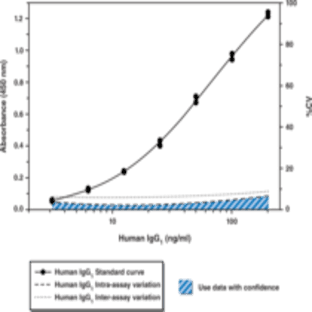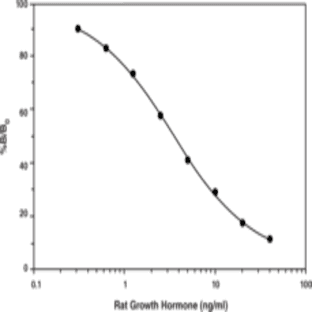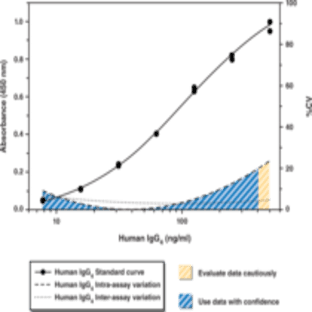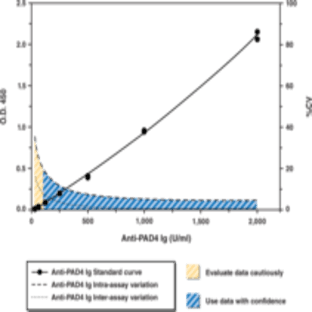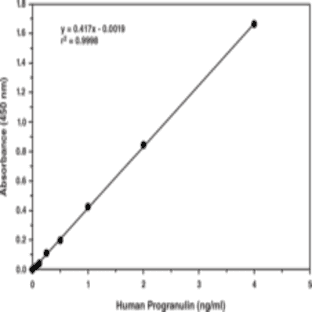
Supplier:
Cayman Chemical CompanyCat no: 600140
Autophagy/Cytotoxicity Dual Staining Kit
Prices direct from Cayman Chemical Company
Quick response times
Exclusive Biosave savings/discounts
SPECIFICATIONS
Catalog Number
600140
Form
1 ea
P Type
Assay Kits
Weight
0
Storage Temp
-20
Shipping Temp
-20
Additional Info
Autophagy is a critical cellular process that involves the degradation and digestion of intracellular components by the lysosome. This process not only enables cells to efficiently mobilize and recycle cellular constituents, but also prevents the accumulation of damaged organelles, misfolded proteins, and invading microorganisms. Autophagy is a multi-step process that begins with the sequestration of cytoplasm, organelles, and proteins. These cellular components are sequestered by a double membrane, forming an autophagosome. The autophagosome then fuses with a lysosome to form an autolysosome, where the cellular material is then degraded. Normal autophagy is essential for survival, differentiation, development, and homeostasis. Dysregulation of autophagy has been implicated in cancer, infection, aging, and degenerative diseases. While autophagy most often acts to promote cell survival in response to stress, it can also promote cell death. The relationship between autophagy and apoptosis is complex. The two pathways share common stimuli, components, and can regulate the activity of each other. However, the specific factors and mechanisms that dictate the choice between autophagy and apoptosis remain unclear. Cayman
Applications
ELISA, IF, IP, WB
Hosts
Rabbit
Applications
ELISA, IP, WB
Hosts
Rabbit
Latest promotions
Spend less time on DNA cleanup so you can do more science. The MSB Spin PCRapace is the fastest way to purify your DNA from PCR, restriction digestion, and...
New brilliant antibodies, and new lower prices!For flow cytometry reagents in general, \"bright is better.\" The violet-excitable BD Horizon™ BV421 and...
As an incentive to qualify our BSA, we are offering a 20% discount when you purchase your first 100g, 500g or 1000g of any grade of Bovine Serum Albumin....
It is not every day that you are given something for nothing. We are giving away additional spectrophotometer software.Cecil Instruments have enhanced the...
Did your supplier increase the price of Fetal Bovine Serum? Did they substitute the US Origin with USDA? Well say no more! Innovative Research is still...
For the past decade scientists have extensively used ATS secondary toxin conjugates to make their own targeted toxins for in vitro use.The ability to combine...
We're so sure that you'll prefer Cayman Assay kits over your present brand that we're willing to give you a free assay kit to prove it!
10% Discount on 2 Rabbit Polyclonal Antibody Service. With over 20 years experience, SDIX has developed into the premier US custom antibody producer,...
Bulk Cytokines with Custom Vialing.20 - 50% off cytokines, growth factors, chemokines and more...For a limited time Cell Sciences is offering substantial...
Jenway’s 73 series spectrophotometer range provides four models with a narrow spectral bandwidth of 5nm and an absorbance range of –0.3 to 2.5A,...
Are you planning to have a customised antibody made for your research?Since 2000, Everest has been producing a catalog containing thousands of affinity...
Top suppliers
United States Biological
230753 products
Carl Zeiss Microscopy
27 products
Promega Corporation
11 products
Panasonic Healthcare Company
5 products
Life Technologies
1 products
Nikon Instruments Europe
11 products
Olympus Europa Holding GmbH
3 products
Leica Microsystems, Inc.
10 products
GE Healthcare Life Sciences
2 products
Tecan Trading AG
19 products
Beckman Coulter, Inc.
1 products
AB SCIEX
3 products
BD (Becton, Dickinson and Company)
1 products
RANDOX TOXICOLOGY
5 products
Randox Food Diagnostics
6 products










